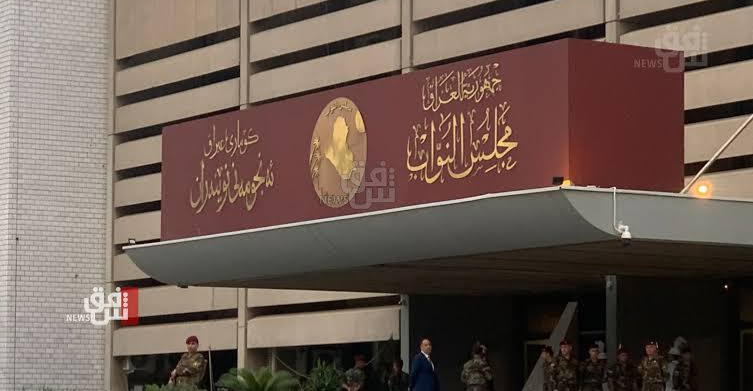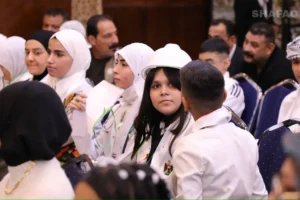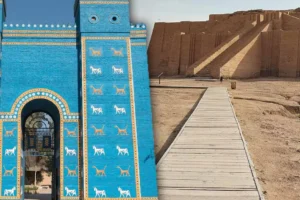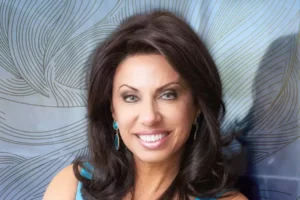
Shafaq News
Iraq heads toward its parliamentary elections on
November 11, 2025, with campaigns defined more by attacks on opponents rather than
by policy proposals. Across Shiite, Sunni, and Kurdish camps, rivals circulate
audio leaks, contested documents, televised accusations, and social-media posts
to undermine each other. Analysts warn that the escalating use of such tactics
risks deepening public distrust and suppressing voter turnout.
Smears as a
political instrument
Negative campaigning has long been part of
Iraq’s political landscape. This election cycle stands out for the diversity
and intensity of tools used: online audio and video leaks amplified by partisan
channels, leaked documents alleging corruption or foreign ties, TV interviews
featuring defectors or political allies leveling charges, and formal complaints
aimed at disqualifying rivals.
Anonymous social media accounts amplify claims
about wealth, family connections, or sectarian loyalties, creating a constant
stream of political noise.
Analyst Mujashaa al-Tamimi highlighted to Shafaq News that such tactics
“undermine public confidence in democracy,” noting that voters increasingly see
elections as contests to destroy opponents rather than present programs.
He added that this perception “pushes undecided citizens away from the ballot
box and benefits blocs with entrenched partisan or tribal bases.”
The
Shiite scene: leaks and legacy rivalries
Within Shiite parties, smear campaigns rely
heavily on audio leaks and internal feuds. Recordings attributed to former Prime
Minister Nouri al-Maliki in 2022, in which he criticized the army, the Popular
Mobilization Forces (PMF), and rival Muqtada al-Sadr, went viral, fueling
intra-Shiite mistrust.
Recent leaks also have targeted Sadrist figures,
including tapes showing officials criticizing their leader or appearing in
compromising situations. These stories spread widely on television and social
media, often eclipsing policy discussions.
Even the government’s inner circle has been
affected. In 2024, a recording allegedly featuring Abdul Karim al-Faisal, chief
adviser to Prime Minister Mohammed Shia al-Sudani, sparked outrage with claims
of “billion-dinar bribes.” Observers viewed the release as an attempt to damage
al-Sudani’s rising popularity without confronting him directly.
These incidents illustrate how leaks have
become a primary tool in “Shiite competition,” targeting reputations and
reshaping alliances while fostering voter skepticism.
Read More: Allies Turned Rivals: The Political Rift Betweenal-Sudani and al-Maliki
The
Sunni arena
In Sunni politics, smear campaigns take the
form of formal complaints and damaging leaks. Last year, Muthanna al-Samarrai
of the Azm Alliance submitted a petition to bar ex-speaker Mohammed al-Halbousi
from running, accusing him of misusing public funds. The election commission
rejected the case, but the allegations left lingering doubts over al-Halbousi’s
credibility.
In April 2025, Al-Rasheed News broadcast a
leaked audio attributed to Khamis al-Khanjar, head of the Al-Siyada Alliance
(Sovereignty), in which a voice criticized “Shiite militias” and asserted Sunni
entitlement to power. Al-Khanjar’s bloc dismissed the tape as “fabricated,” yet
political sources suggested it aimed to weaken his position as a leading Sunni
figure.
Shiite voices close to Iran accused
Al-Halbousi of orchestrating the release, intensifying intra-Sunni rivalries.
These episodes reflect the fragmentation of Sunni blocs, once united under the
Sovereignty Alliance, and show how smear tactics serve as proxies for deeper
struggles over leadership and influence.
The
Kurdish sphere
Kurdish politics has also been shaped by
mutual accusations and attempts to delegitimize rivals. The Kurdistan
Democratic Party (KDP) and the Patriotic Union of Kurdistan (PUK) have traded
charges over monopolizing revenues as the KDP-led Kurdish government struggles
to pay public-sector salaries.
The rivalry extends to Baghdad. In disputes
over Iraq’s presidency, the PUK accused the KDP of “deception” and unilateral
deals, while the KDP rejected the claims as “distorted and unjust.” Each side
portrayed the other as betraying Kurdish unity, projecting internal competition
onto the national stage.
Amplified by partisan media and official
communiqués, these disputes reinforce the perception that elite rivalries—not
governance—drive Kurdish politics, leaving voters skeptical that elections will
deliver meaningful change.
Read More: Iraq’s 2025 election drama: Political showdownover law and seat expansion
Erosion
of trust
Civil society groups monitoring the elections
warn that smear tactics could further depress turnout, which stood at 41% in
2021. Youth activists shaped by the 2019 protest movement argue that the flood
of accusations confirms elections continue to recycle the same elites.
Election monitor Ahmed al-Jabouri noted that
in fragile democracies, “negative campaigning rarely stays confined to
rhetoric,” recalling past cycles when defamation triggered intimidation and
street clashes. Former election commission member Saad al-Rawi emphasized that
although Iraqi law prohibits using state institutions, religious endowment
funds, or official emblems in campaigns, “there are no penalties enforced
against violators,” fueling smear tactics.
Not all observers agree that smear campaigns
determine outcomes. Former MP Abdel Hadi al-Saadawi highlighted to Shafaq News
that such attacks “will not harm successful candidates, since Iraqis know who
performed well and who failed.” Election results from 2010 through 2021 show
that many prominent figures continued to secure the highest number of
parliamentary seats despite ongoing smear politics.
What it
means for November
As Iraq’s Independent High Electoral
Commission prepares 39,285 polling stations for nearly 20 million eligible
voters, political debate remains dominated by leaks, lawsuits, and televised
disputes. Campaigning officially begins on October 8 and continues until 24
hours before special voting.
Voter participation will hinge in part on
whether parties pivot from personal attacks to programmatic debate. For now,
smear campaigns shape reputations and the rules of the game—rewarding
entrenched political machines, discouraging independents, and eroding
confidence in the ballot box.
Written and
edited by Shafaq News staff





